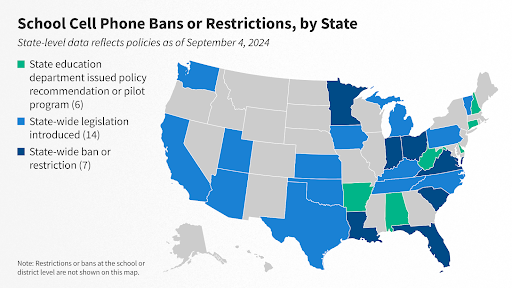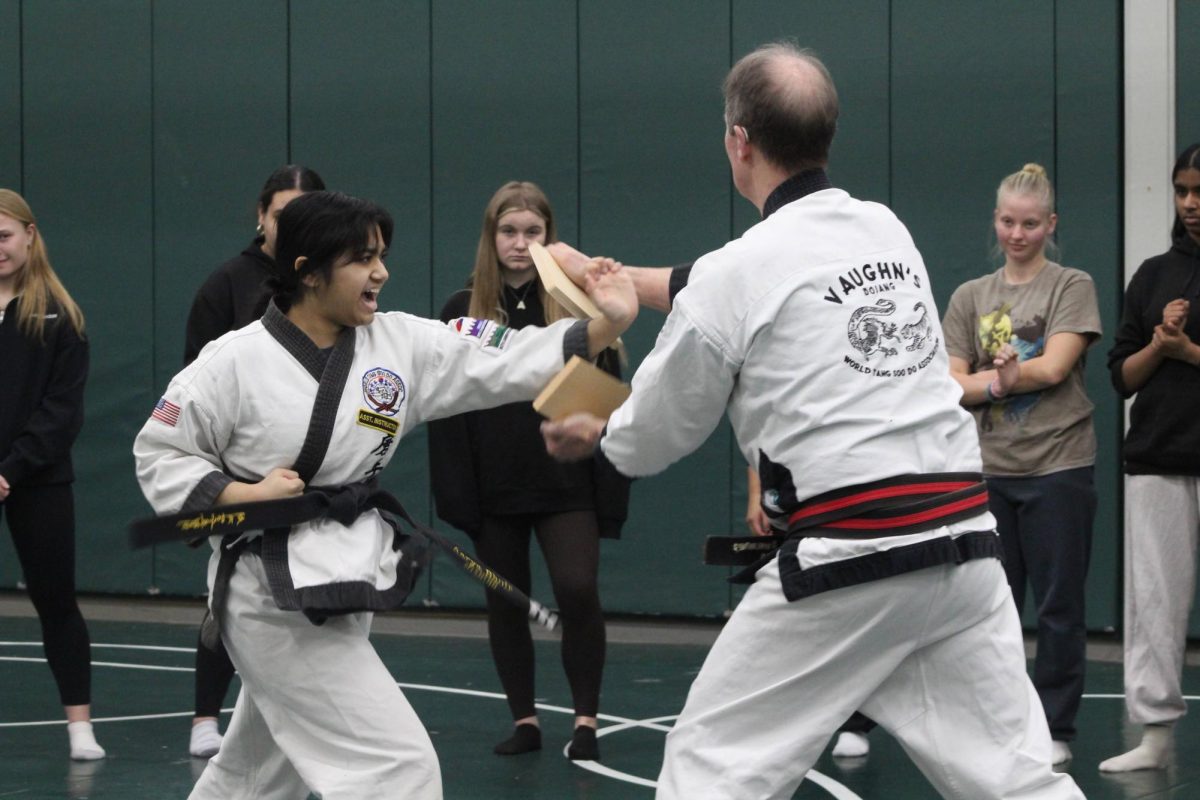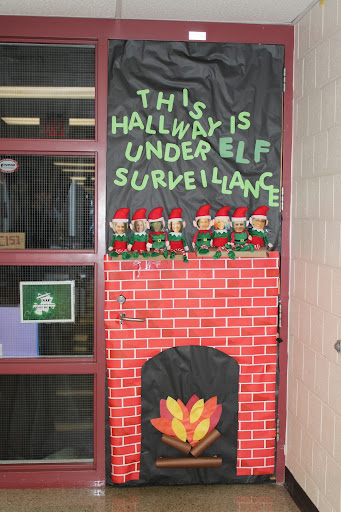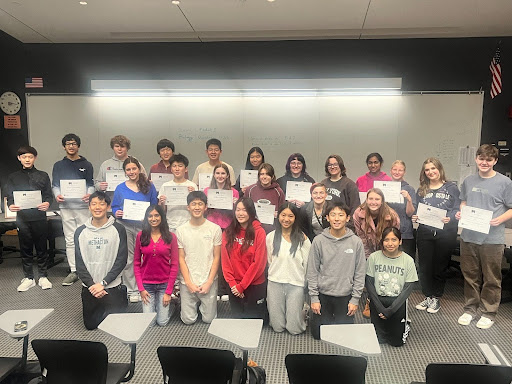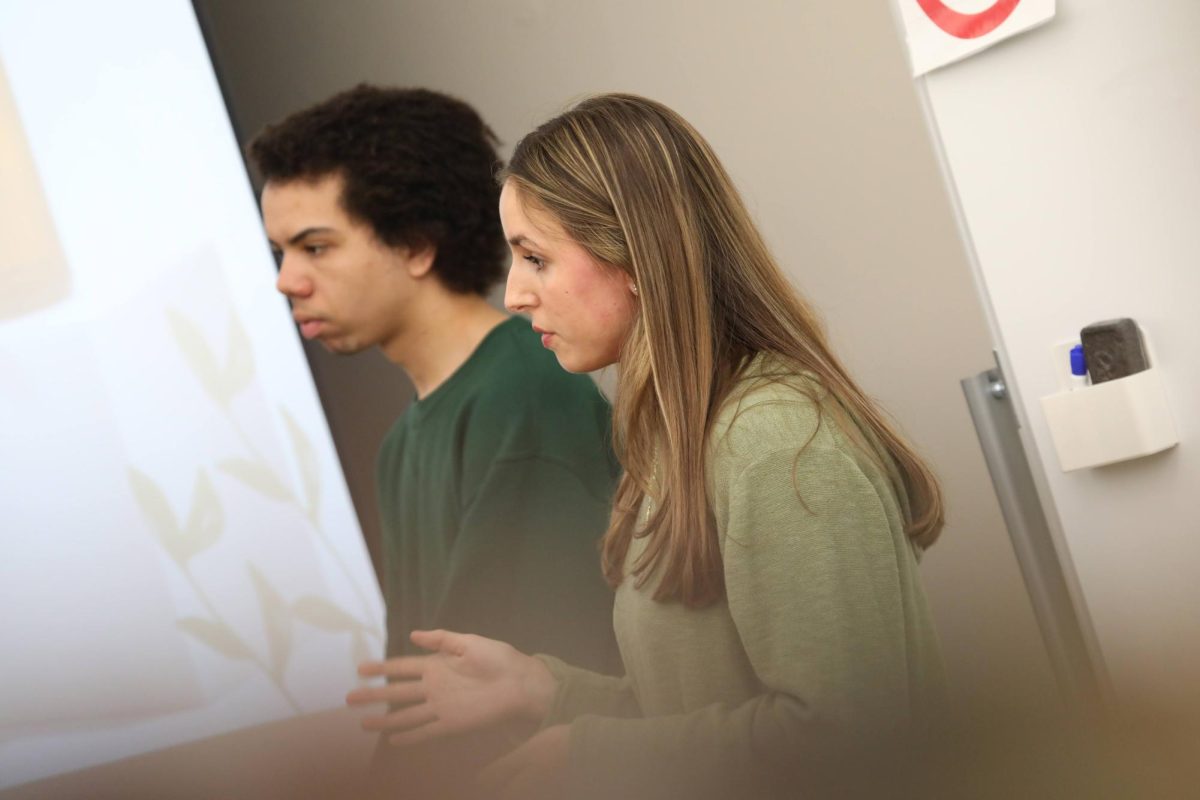Striving to eliminate distractions for students’ learning environment, schools worldwide have enacted cellphone bans starting this academic year. Just in the United States, 27 of the 50 states have taken measures to some extent to restrict phone usage. As for Pa., state-wide legislation has been introduced and is yet to progress to a state-wide ban.
In addition to the rigid measure of placing cell phones in assigned caddies at the beginning of class and retrieving them after class, Methacton High School goes above and beyond in enforcing discipline by executing other rules. These include assigning detention after three tardies to class and using electronic passes when temporarily leaving the classroom such as for bathroom and water breaks, visiting another teacher, or going to the nurse.
Specifically, Methacton is known for its alumni-creation, SmartPass, an app where students create online passes which must get approved by the staff. However, students are not allowed to retrieve their phones from their caddies to make such passes; they must schedule these passes on their school-managed Chromebooks.
Dr. Euker, Methacton High’s new principal as of last January, expresses that “the most current educational research indicates high school students are negatively affected by cell phone usage during instructional times. Students are unable to focus on their lessons and they lose interest in things that used to define them. Cyberbullying, misbehavior, and the lack of motivation to do well in school are consequences of too much cell phone usage in schools. These consequences as well as students’ inability to initiate face-to-face conversations were the catalysts for the change in policies.”
As a result of implementing these new policies, Dr. Euker observes that “teachers report students participate more and are eager to join instructional conversations because they do not have their cell phones out.”
While these restrictions may be unpopular among students, they could ultimately pave the way for a more self-sufficient and economically stable future for them, underscoring research that suggests students who are less distracted by cell phones tend to thrive in the long run.